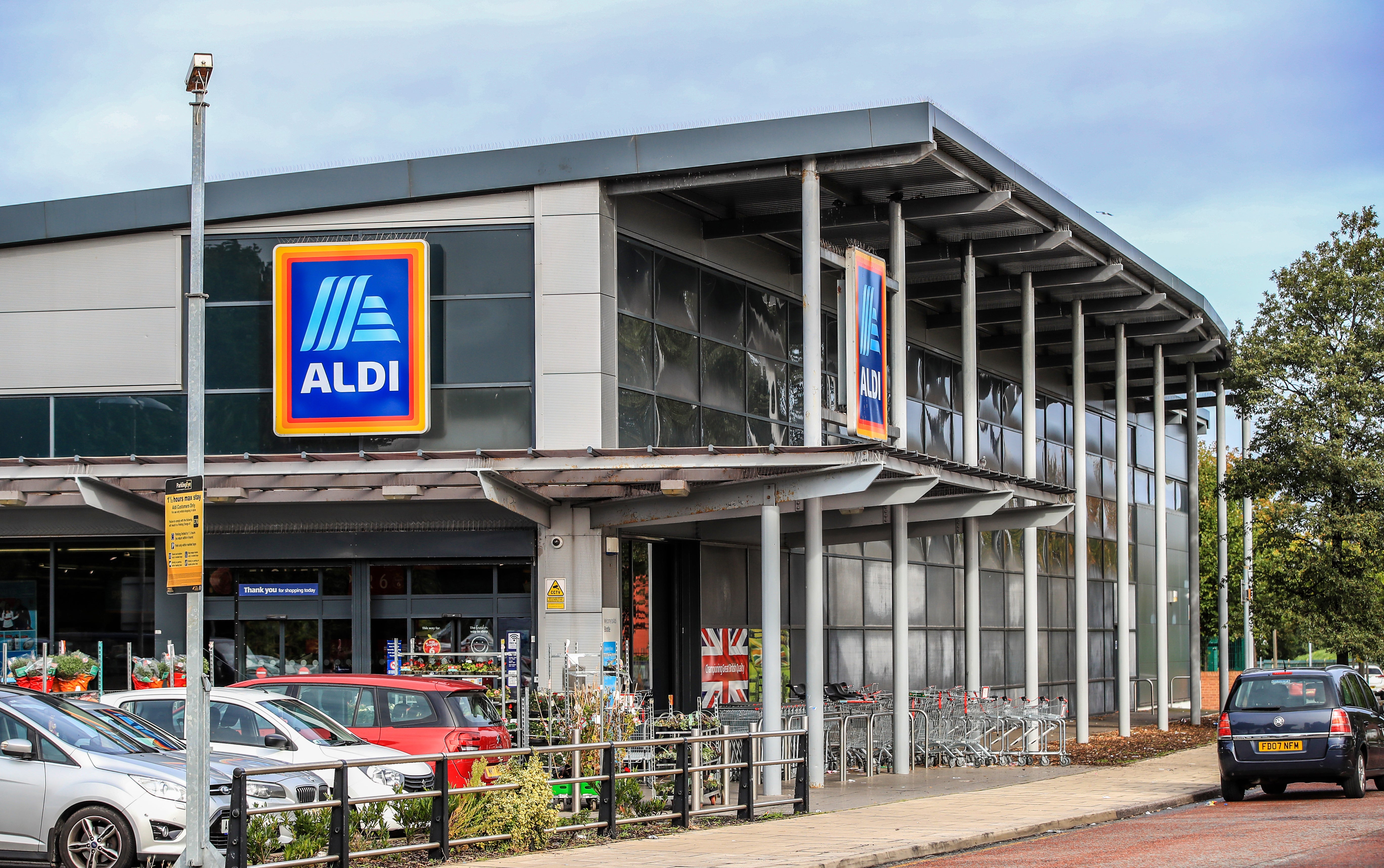Which supermarkets are rationing tomatoes and other fresh food products?
Four British supermarkets have introduced purchase limits for customers following shortages of fresh produce
Your support helps us to tell the story
From reproductive rights to climate change to Big Tech, The Independent is on the ground when the story is developing. Whether it's investigating the financials of Elon Musk's pro-Trump PAC or producing our latest documentary, 'The A Word', which shines a light on the American women fighting for reproductive rights, we know how important it is to parse out the facts from the messaging.
At such a critical moment in US history, we need reporters on the ground. Your donation allows us to keep sending journalists to speak to both sides of the story.
The Independent is trusted by Americans across the entire political spectrum. And unlike many other quality news outlets, we choose not to lock Americans out of our reporting and analysis with paywalls. We believe quality journalism should be available to everyone, paid for by those who can afford it.
Your support makes all the difference.Supply issues are leaving UK supermarkets with shortages of tomatoes and other fresh produce.
Due to a combination of factors including bad weather and transport problems in Africa and Europe and supply chain issues, shoppers have been met with empty shelves since last weekend.
Products impacted include citrus fruit including oranges and lemons, brassicas such as broccoli and cauliflower and salad crops such as cucumbers, lettuce and tomatoes.
These are the supermarkets affected so far.
Asda
Asda announced it will be limiting customers to a maximum of three items such as tomatoes, peppers, lettuce and broccoli in response to the problem.
Customers will also be limited to three bags of salad, cauliflower and raspberries.
An Asda spokesperson said: “Like other supermarkets, we are experiencing sourcing challenges on some products that are grown in southern Spain and north Africa.
“We have introduced a temporary limit of three of each product on a very small number of fruit and vegetable lines, so customers can pick up the products they are looking for.”
Morrisons
Morrisons will also start a ban on more than two items, limiting purchases of tomatoes, cucumbers, lettuce and peppers.
It blamed the weather in Spain and Morroco, where it gets some of its supplies from.
In a statement, it said: “Availability across our tomato range has been significantly impacted by adverse weather conditions across Spain and Morocco. The current shortage is likely to improve within a couple of weeks.”
Aldi

Aldi became the third supermarket to confirm it was rationing fresh produce on Wednesday afternoon.
“We are limiting purchases of peppers, cucumbers and tomatoes to three units per person to ensure that as many customers as possible can buy what they need,” a spokesperson for the supermarket said.
Tesco
Tesco joined the growing list of stores to impose customer purchase limits on salad vegetables on Wednesday afternoon.
The supermarket introduced restrictions of three items per customer on tomatoes, peppers and cucumbers.
Why are there shortages of fresh produce?
Spain, Morocco, Tunisia and Egypt are responsible for the supply of the majority of Britain’s salad produce.
There was unusually cold weather in these countries last month, which impacted produce yields, while storms led to ferries being delayed or cancelled and diseases also affected tomato stocks.
The rising cost of energy to heat and light greenhouses has caused producers including the UK and the Netherlands to plant fewer crops, exacerbating the issues.
But others have pointed the finger at Brexit, with Europeans hammering home the point by sharing images of full supermarket shelves on social media.
Save British Farming chair Liz Webster said in a video shared on Wednesday: “The reason that we have food shortages in Britain, and that we don’t have food shortages in Spain – or anywhere else in the European Union – is because of Brexit, and also because of this disastrous Conservative government that has no interest in food production, farming or even food supply.”
The British Retail Consortium (BRC) said the shortages were only expected to last “a few weeks” until the UK growing season begins and supermarkets find alternative sources of supply.
In a statement, it added that supermarkets were “adept” at managing supply chain issues and were working with farmers to ensure there was enough fresh produce for customers.
Subscribe to Independent Premium to bookmark this article
Want to bookmark your favourite articles and stories to read or reference later? Start your Independent Premium subscription today.




Join our commenting forum
Join thought-provoking conversations, follow other Independent readers and see their replies
Comments